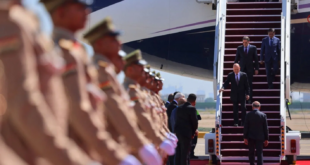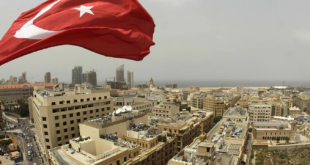Becoming an official candidate for membership of the European Union is no longer the cause for celebration it once was. Accession talks remain a long way off and membership will be no magic wand for Bosnia’s ills.
On December 15, the European Union awarded Bosnia and Herzegovina with candidate status, more than six years after the country applied to join the bloc. The positive news coming out of Brussels will not, however, be met with much enthusiasm in this part of Southeast Europe.
For almost two decades now, the process of European integration has emerged as a dominant theme in Bosnia’s public discourse. For years, officials and bureaucrats played up the notion that joining the EU would be a panacea for many of the challenges facing the country.
While the Thessaloniki summit of 2003 offered a European perspective for the Western Balkans, the passage of almost two decades and the ever-distant full membership for Bosnia means that optimism about the process has waned.
In other words, it is not only enlargement fatigue within the EU that is a challenge. There is also an EU fatigue that is becoming more evident in Bosnia itself.
 Eurasia Press & News
Eurasia Press & News




